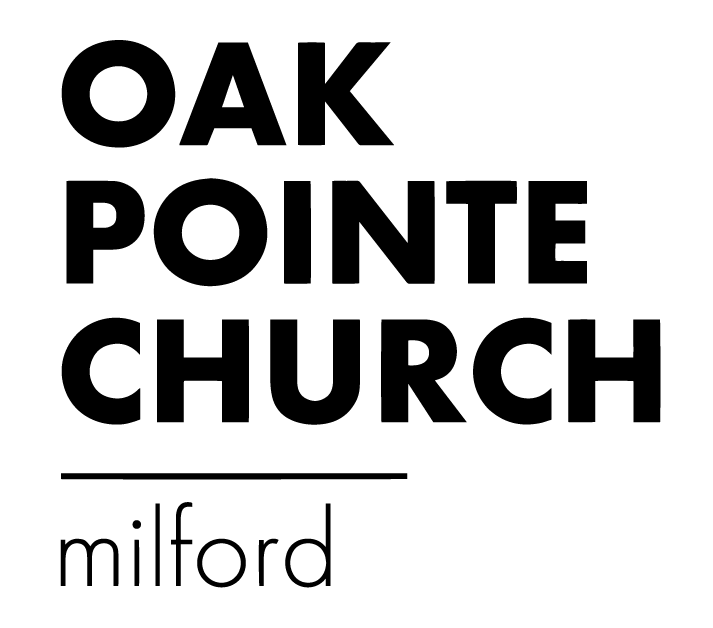
Use this devo as you are able, in whole or in part. Don’t feel compelled to read it all. Simply read and meditate upon whatever catches your attention. The goal is enjoying time with God through His Word and in prayer. Questions about the devotional elements?
Call to Prayer
“I praise you because I am fearfully and wonderfully made; your works are wonderful, I know that full well.” (Psalm 139:14)
Prayer of Confession
God who speaks and listens, if I waited to feel in the moody, I fear you wouldn’t hear too much from me. I need prayer to keep me freshly aware that I depend on you for everything and that everything I have is a gift from you. And so here I am, with open hands and grateful heart. (Prayer based on the Heidelberg Catechism, Question 116)
*Prayer borrowed from Philip Reinders’ Seeking God’s Face: Praying with the Bible through the Year
Reading Plan
This reading plan will help you to develop the habit of being in God’s Word each morning and evening. Come to this time with expectation. Expect God to reveal himself to you. Expect that he delights in you being there, even when you’ve wandered away. Growing a spiritual habit is a slow, patient process. So be kind to yourself as you grow!
Readings are hyperlinked. Simply hover over the passage or click Morning/Evening Reading (email version).
Morning Readings:
Pray Psalm Psalm 6 | Read Mark 14
- Praying the Psalms: Read slowly. Take note of words and phrases. Bring them before the Lord in prayer and personalize the passage as you pray.
- NT Context: Mark wastes no time in getting down to business—a single-sentence introduction, and not a digression to be found from beginning to end. An event has taken place that radically changes the way we look at and experience the world, and he can’t wait to tell us about it. There’s an air of breathless excitement in nearly every sentence he writes. Meditate on the passage, noting a few words or a phrase that stood out. Take them to God in prayer.
Evening Readings:
Pray Psalm 7 | Read 1 Kings 10
- OT Context: “Sovereignty, God’s sovereignty, is one of the most difficult things for people of faith to live out in everyday routines…This story makes it clear that it was not God’s idea that the Hebrews have a king, but since they insisted, he let them have their way. But God never abdicated his sovereignty to any of the Hebrew kings; the idea was that they would represent his sovereignty, not that he would delegate his sovereignty to them. Reflect on the passage. Who was the original audience, and what was their situation? How is that relevant to you today?
Sermon Devo
This Fall our sermon series is in Jonah. Follow along here as we explore this work of literary genius (it is really multilayered and complex) and theological profundity (we discover much about the nature of God, humans, and redemption in just 4 chapters).
READ: Jonah 1:1-4
Tim Keller notes,
God commanded Jonah to go to Nineveh, but he ran in the very opposite direction. Why did he do it? We have seen that at the root of Jonah’s disobedience was his mistrust in the goodness of God. He did not believe God had his best interests at heart.
If you want to understand your own behavior, you must understand that all sin against God is grounded in a refusal to believe that God is more dedicated to our good, and more aware of what that is, than we are. We distrust God because we assume he is not truly for us, that if we give him complete control, we will be miserable.
Adam and Eve did not say, “Let’s be evil. Let’s ruin our own lives and everyone else’s too!” Rather they thought, “We just want to be happy. But his commands don’t look like they will give us the things that we need to thrive. We will have to take things into our own hands—we can’t trust him.”
Jonah is doing the same thing. He is recapitulating the history of the human race and showing us how our own hearts operate every single day. Seldom do human beings lie, twist the truth, cheat, exploit, manipulate, act selfishly, break promises, destroy relationships, or burn with resentment motivated by a simple desire to be evil.
Sin always begins with the character assassination of God. We believe that God has put us in a world of delights but has determined that he will not give them to us if we obey him….
REFLECT: Keller notes that “One of the main reasons that we trust God too little is because we trust our own wisdom too much. We think we know far better than God how our lives should go and what will make us happy.” How did the Ninevites “trust their own wisdom”? How did Jonah?
Evening Prayer of Examen
- Where did you move with or feel close to Jesus today?
- Where did you resist or feel far from Jesus today?
- Where is Jesus leading you tomorrow? Ask for joy as you follow him.
Benediction
“Blessed are those who mourn, for they will be comforted.” (Matthew 5:4)
